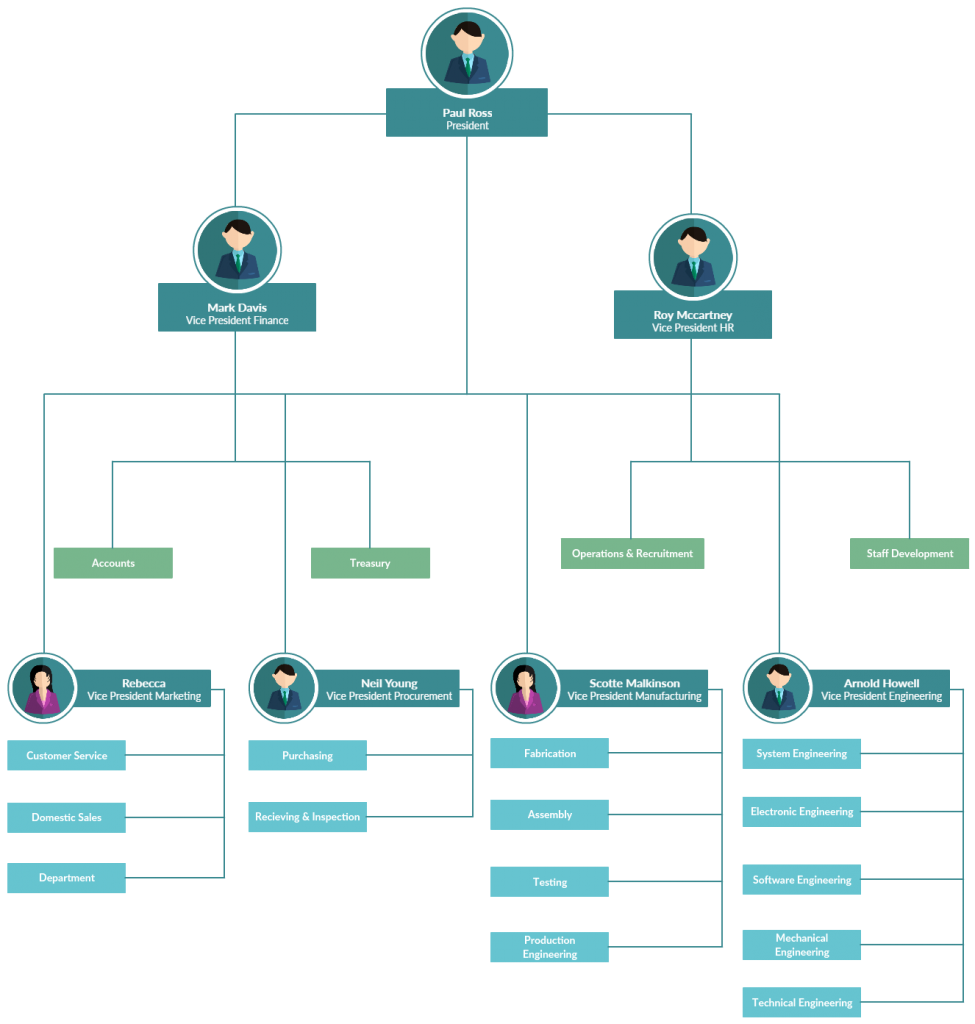Understanding My .org: A Comprehensive Guide
My .org is a popular domain extension that has gained traction among non-profit organizations, educational institutions, and various other entities. This article aims to dissect the significance of the .org domain, its benefits, and its implications in the digital world. By providing an in-depth analysis, we intend to empower readers with the knowledge necessary to navigate the complexities of choosing the right domain for their online presence.
In recent years, the internet has become an essential tool for communication, marketing, and information dissemination. As organizations strive to establish a credible online presence, the choice of a domain name becomes crucial. The .org domain extension is often associated with trustworthiness and authority, making it a preferred option for many. In this article, we will explore the various facets of the .org domain and its relevance in today's digital landscape.
Whether you are a non-profit organization looking to expand your reach or an individual seeking to create an informative website, understanding the intricacies of the .org domain can be beneficial. With a focus on expertise, authoritativeness, and trustworthiness (E-E-A-T), this guide will help you comprehend the value of my .org in your online endeavors.
- Usher Diddy And Meek Mill A Deep Dive Into Their Musical Legacy And Influence
- Transformers Reactivate The Future Of The Franchise
Table of Contents
- 1. What is My .org?
- 2. The Importance of Domain Extensions
- 3. Benefits of Using .org Domains
- 4. Who Should Use .org Domains?
- 5. How to Register a .org Domain
- 6. Best Practices for Using .org Domains
- 7. Case Studies of Successful .org Websites
- 8. Frequently Asked Questions
1. What is My .org?
The term "My .org" refers to websites that utilize the .org domain extension. Originally intended for non-profit organizations, .org domains have since evolved to accommodate a wide range of purposes. The .org extension is managed by the Public Interest Registry (PIR), which ensures that the domain remains synonymous with non-commercial purposes.
The History of .org Domains
Launched in 1985, the .org domain was one of the original top-level domains (TLDs) created for the internet. It was initially designated for non-profit entities, charities, and organizations that did not fit into the commercial categories of .com or .net. Over the years, however, the usage of .org has expanded, allowing anyone to register a .org domain regardless of their organizational status.
2. The Importance of Domain Extensions
Domain extensions play a vital role in establishing an organization's identity online. They provide context about the nature of a website and help users understand what to expect. Here are some key points regarding the importance of domain extensions:
- Brand Recognition: A relevant domain extension can enhance brand recognition and recall.
- Credibility: Certain domain extensions, like .org, are associated with trustworthiness and authority.
- SEO Benefits: While domain extensions do not directly affect search rankings, they can influence click-through rates.
3. Benefits of Using .org Domains
Choosing a .org domain offers several advantages for organizations and individuals looking to establish an online presence:
- Trust and Credibility: The .org extension is widely recognized and trusted by internet users, making it an excellent choice for non-profits and NGOs.
- Non-Profit Association: Using a .org domain signals that an organization is non-commercial, often attracting supporters and donors.
- SEO-Friendly: While not a direct ranking factor, a .org domain can contribute to higher click-through rates due to its credibility.
- Availability: There are often more options available with .org domains compared to more popular extensions like .com.
4. Who Should Use .org Domains?
The .org domain is ideal for a variety of entities, including:
- Non-Profit Organizations: Charities, foundations, and other non-profits often use .org to convey their mission and values.
- Educational Institutions: Schools and universities frequently adopt .org domains to promote their programs.
- Community Groups: Local clubs, associations, and community initiatives benefit from the credibility associated with .org.
- Advocacy Groups: Organizations focused on social causes or public interest issues can establish their authority with a .org domain.
5. How to Register a .org Domain
Registering a .org domain is a straightforward process. Here are the steps to follow:
- Choose a domain name that reflects your organization or purpose.
- Check the availability of the domain name using a domain registrar.
- Select a reliable domain registrar that offers .org registrations.
- Complete the registration process by providing your contact information and payment.
6. Best Practices for Using .org Domains
To maximize the impact of your .org domain, consider implementing the following best practices:
- Maintain Transparency: Clearly communicate your organization’s mission and goals on your website.
- Optimize for SEO: Use relevant keywords throughout your site to improve search engine visibility.
- Engage with Your Audience: Foster community engagement through newsletters, social media, and interactive content.
- Ensure Mobile Responsiveness: Make sure your website is mobile-friendly to reach a wider audience.
7. Case Studies of Successful .org Websites
Several organizations have successfully leveraged .org domains to build their online presence:
- Wikipedia.org: A free online encyclopedia that is widely recognized as a reliable source of information.
- RedCross.org: The official website of the American Red Cross, providing information on disaster relief and community services.
- WorldWildlife.org: The World Wildlife Fund uses its .org domain to promote conservation and sustainability efforts.
8. Frequently Asked Questions
Here are some common questions about .org domains:
Is a .org domain only for non-profits?
No, while .org domains are commonly associated with non-profit organizations, anyone can register a .org domain for any purpose.
Can I transfer my .org domain to another registrar?
Yes, you can transfer your .org domain to another registrar by following the specific transfer process outlined by your current registrar.
Are .org domains more expensive than .com domains?
The cost of .org domains can vary by registrar, but they are generally comparable to .com domains.
Do I need to provide proof of non-profit status to register a .org domain?
No, you do not need to provide proof of non-profit status to register a .org domain; it is open to all.
Conclusion
In summary, the .org domain extension serves as a vital asset for non-profits, educational institutions, and various organizations aiming to establish credibility online. By understanding the benefits and best practices associated with my .org, you can effectively leverage this domain to enhance your organization’s digital presence. We encourage you to consider your domain options carefully and take advantage of the trust and authority that a .org domain can provide. If you have any questions or would like to share your experiences, please leave a comment below or explore more articles on our website.
Penutup
Thank you for taking the time to read this comprehensive guide on my .org. We hope you found the information valuable and insightful. Stay tuned for more articles that delve into the world of domains and online presence, and feel free to return for more insightful content.
- Funny Liam Payne Pics A Complete Guide To His Most Hilarious Moments
- Rex Linn And His Impact On Television Shows

Joker on Twitter "I love my org ️ Thanks Reply_Totem"

Css Hierarchy Chart Labb by AG
logo